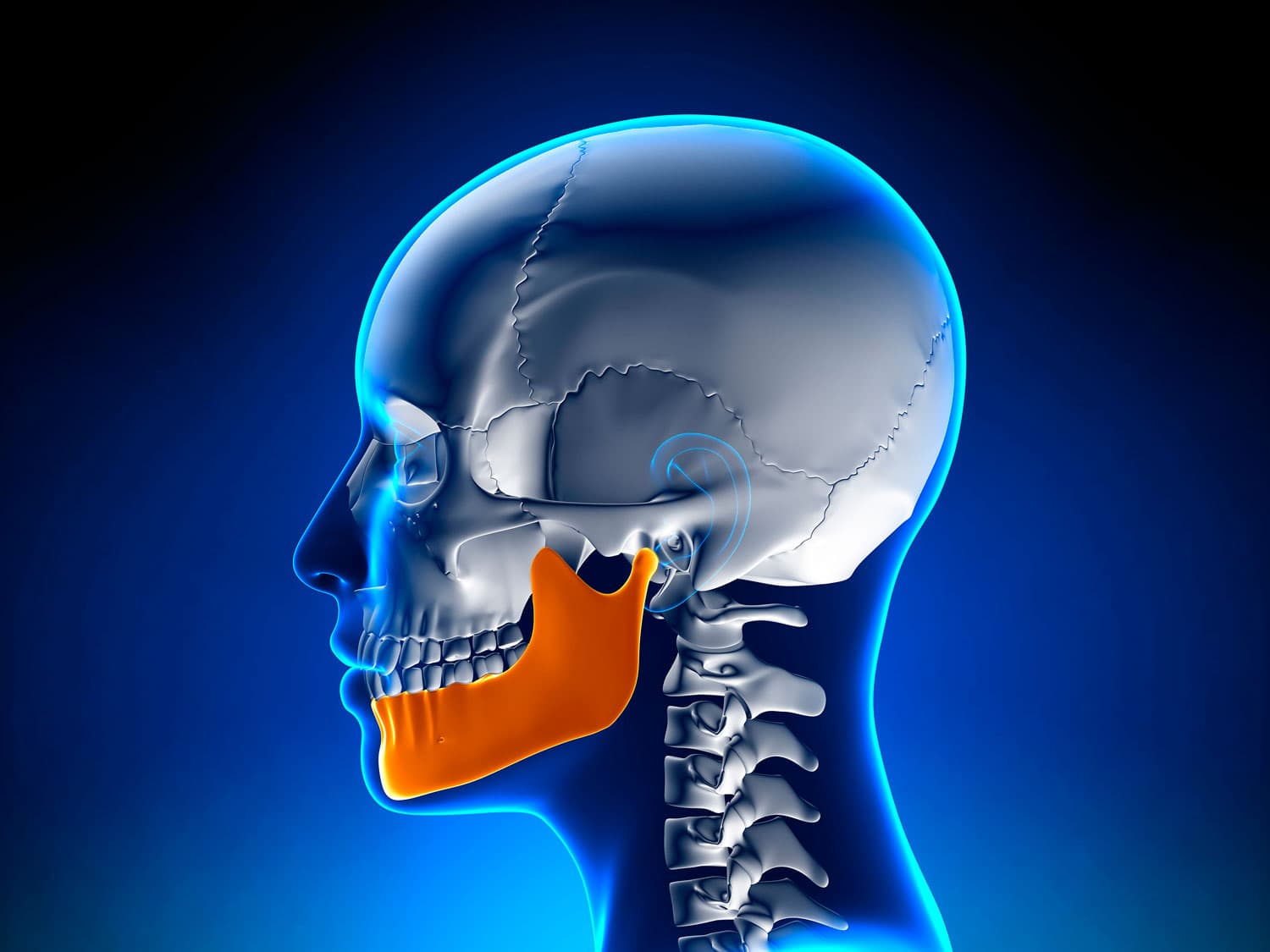TMJ / Bruxism
Protect your teeth and joints
you deserve the best of smiles
One of the most unknown cases in orofacial pathology is craniomandibular dysfunction, or temporomandibular disorders, which includes all disorders that involve the muscles of mastication and / or the temporomandibular joints.
The symptoms of this pathology are very varied, and can range from headaches to clicks and chewing noises, limitation of mouth opening, muscle aches, back and ear pains, and so on.
Generally the patient does not relate these symptoms to the mouth, so he has often consulted previously with other specialists, such as neurologists and otorrhinos, before going through the dental clinic.
The TMJ or temporomandibular joint is the joint that exists between the jaw and the skull, located just in front of the ears.
The causes of these disorders are of multifactorial origin, and are often unknown, there are factors that favor their appearance and others that perpetuate them.
It is a picture that can affect adults of any age, being more risk in those patients subjected to stress. It appears 8 times more frequent in women than in men.
Another of the pathologies that come to form part of this picture is bruxism, the unconscious habit of squeezing or grinding teeth. This affects dental structures, causing tooth wear and very often fractures, both healthy teeth and fillings, crowns and other restorative materials. The chronicity of bruxism also affects the temporomandibular joints and the masticatory, cervical and back muscles. Generally, the treatment consists of the placement and use of an occlusal splint.
It is very important to make a correct diagnosis of each pathology to be able to give the appropriate treatment and locate the factors that have made its appearance possible.
If you answer affirmatively to one of the following questions, you may have temporomandibular dysfunction:
- Do you have difficulties to open your mouth?
- Do you notice noises in the joints of your jaw?
- Does your jaw ever get stuck, blocked or dislocated?
- Do you have pain in your cheeks or around your ears?
- Do you have pain when you chew, yawn, or when you open your mouth wide?
- Do you feel that your way of biting is uncomfortable or has changed lately?
- Have you suffered any trauma on your jaw, head or neck?
- Have you ever had arthritis?
- Have you been treated before for temporomandibular pathology?
If you suspect that you may suffer any of these symptoms, contact us and we will make a correct exploration to be able to treat it correctly.







